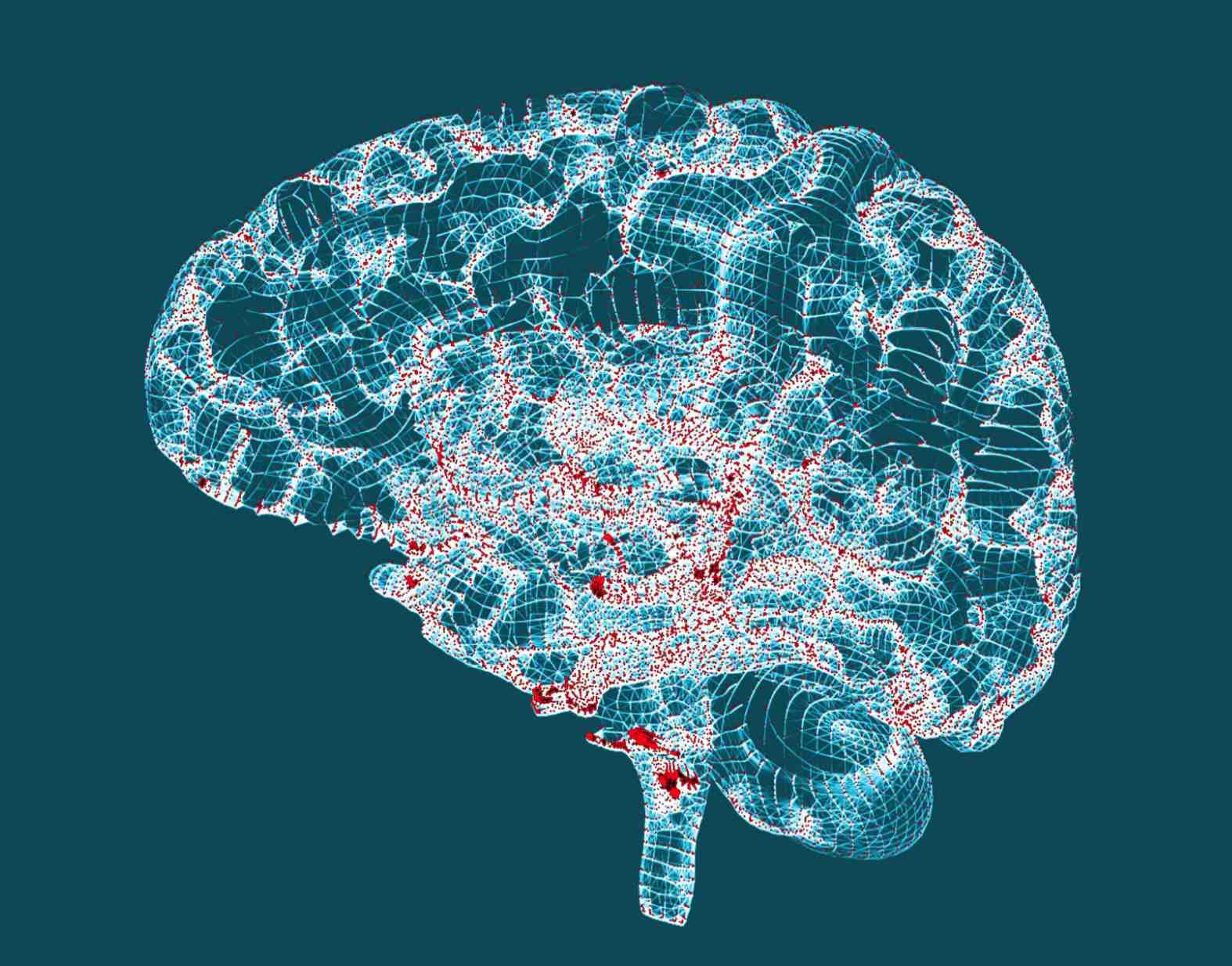
Swiss biotech GeNeuro has reported new data for temelimab, its first-in-class antibody for multiple sclerosis, which supports its long-term effects as the search goes on for a new development partner.
A year after Servier pulled out of the programme, GeNeuro has presented 96-week data that reinforced the findings of an earlier phase 2 trial and suggest the drug’s claimed neuroprotective effects extend for almost two years (96 weeks).
The data come from the ANGEL-MS trial, an extension of an earlier phase 2 study (CHANGE-MS), that had to be called to a halt after one year when Servier withdrew its support.
GeNeuro opted to continue dosing patients in the open-label follow-up, and now says temelimab provided continued relative improvements in neurodegeneration measured by magnetic resonance imaging (MRI), including a reduction in brain atrophy, during this 96-week extension phase.
The antibody also achieved a reduction in other biomarkers of MS disease activity, including a reduction in the formation of so-called T1 black holes – MS lesions that characterise the chronic stage of the disease and represent irreversible damage to the brain.
The results in relapsing-remitting MS help GeNeuro argue the case for temelimab as it tries to find a new partner that will help to fund additional trials in the harder-to-treat progressive forms of MS that have few treatment options. The company thinks this is its best route to showing a clinical benefit and approval.
In its latest corporate update in July GeNeuro said negotiations with potential partners were “constructive”, although the company’s cash reserves are starting to look sparse, at just over €10m at the end of June. Its cash burn has been running at around €3m a quarter this year.
Temelimab inhibits a protein (MSRV-Env) encoded by a human endogenous retroviral protein that is thought to play a role in the development of MS, as well as other autoimmune diseases such as type-1 diabetes.
In MS, MSRV-Env activates Toll-like receptor 4 expressed on immune cells in the central nervous system, triggering a neurodegenerative response and disrupting the production of the myelin sheath that surrounds nerves by interfering with the differentiation of precursor cells.
Its proposed mechanism doesn’t rely on an anti-inflammatory action, which means that it could be combined with anti-inflammatory drugs used to treat MS, according to GeNeuro.




